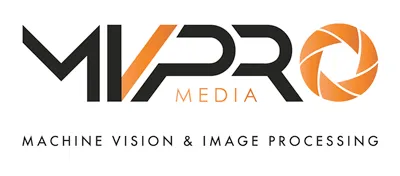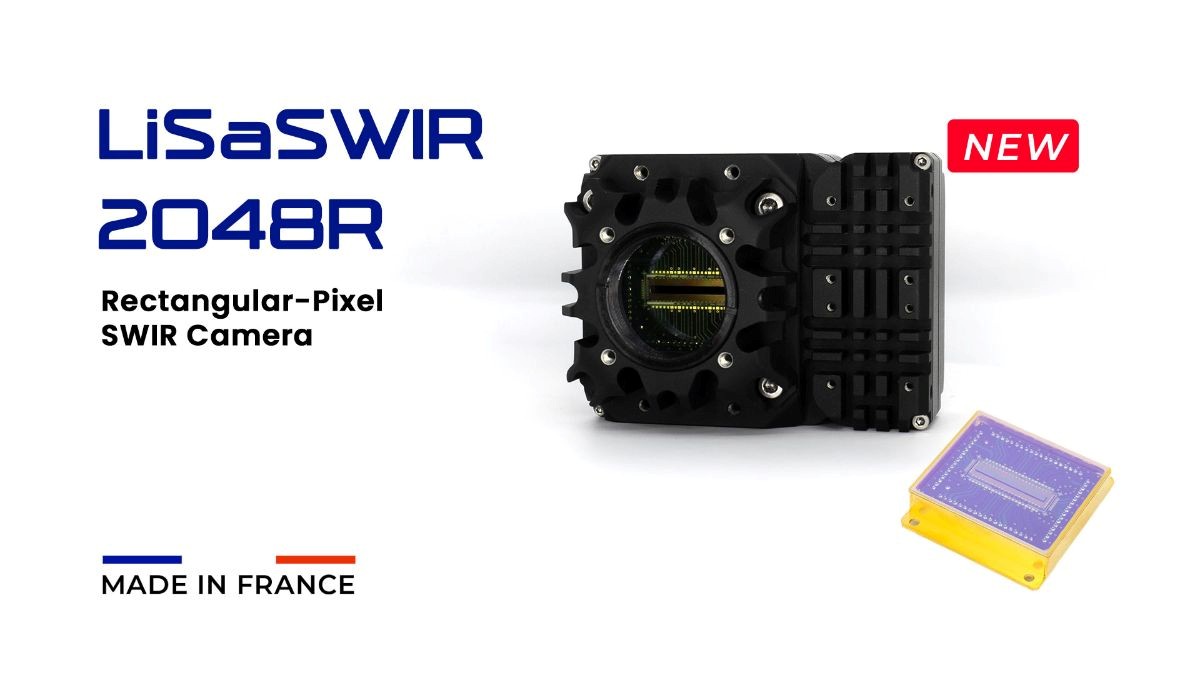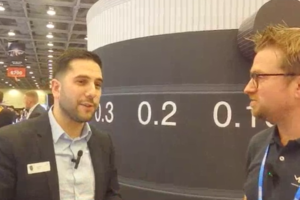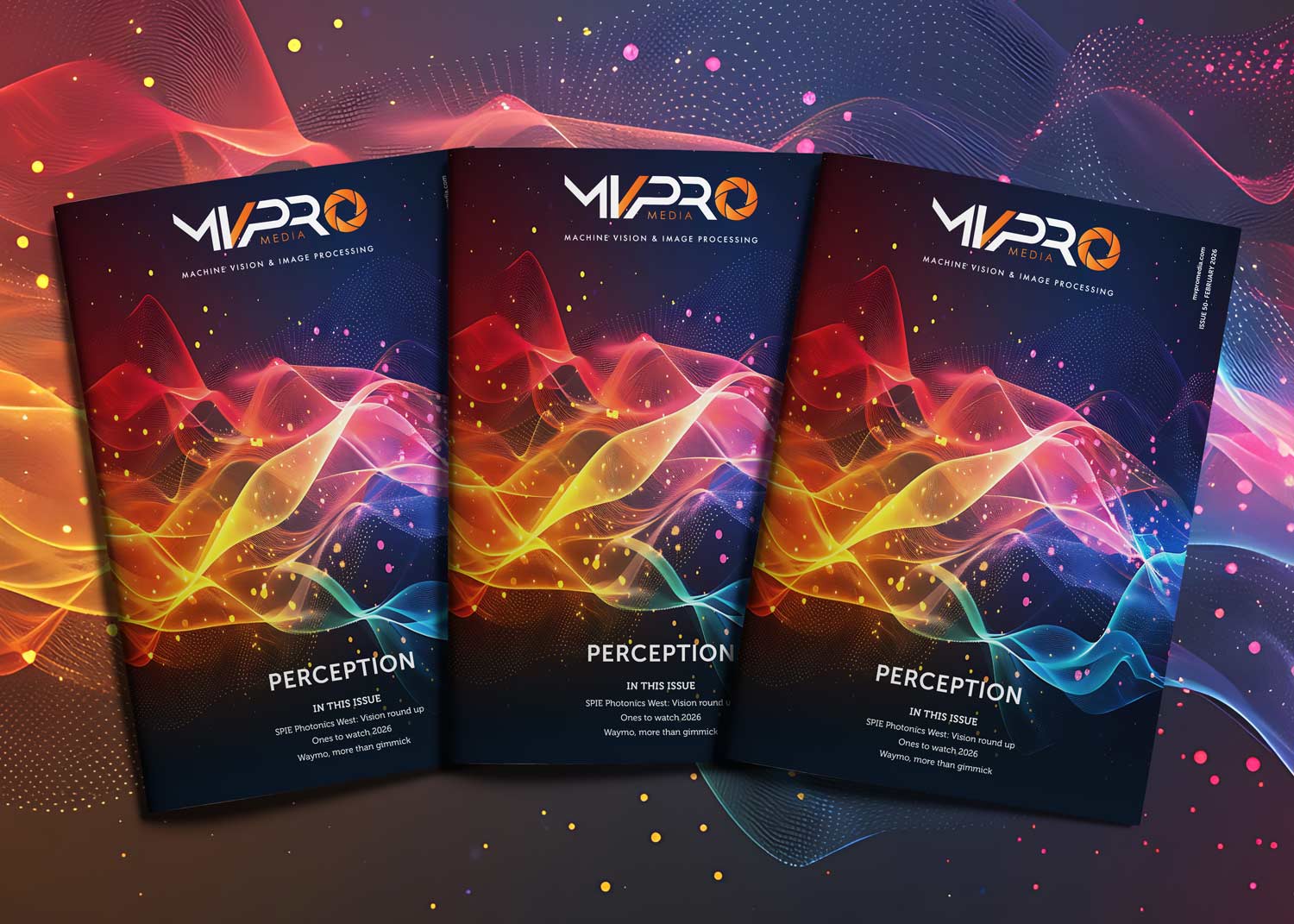Working with Xilinx, Lucid has released the Triton™ Edge, an industrial machine vision camera that features Xilinx’s Zynq® UltraScale+™ technology with multi-processor functionality and user-programmable FPGA accessibility.
“LUCID has worked closely with Xilinx to integrate the new UltraScale+ ZU3 into our next generation industrial machine vision camera, the Triton Edge”, said Rod Barman, founder and president at LUCID Vision Labs. “With the UltraScale+ ZU3 and its InFO packaging, LUCID was able to utilize an innovative rigid-flex board architecture to squeeze an amazing amount of processing power into an ultra-compact IP67, factory-tough camera.”
The Triton Edge is powered by the ultra-compact, high-performance edge computing Zynq® UltraScale+ multiprocessing SoC by Xilinx®. As the world’s only hardware adaptable cost-optimized portfolio based on 16-nanometer technology, the Zynq UltraScale+ devices are available in TSMC’s state-of-the-art InFO (Integrated Fan-Out) packaging technology. Using InFO, Zynq UltraScale+ devices meet the need for intelligent edge applications by delivering high-compute density, performance-per-watt, and scalability in compact packaging options.
In addition, LUCID’s new 5.0 MP Phoenix™ and Triton™ polarization cameras featuring Sony’s latest Polarsens™ IMX264MZR/MYR CMOS sensors have entered series production. Sony says its next generation of polarization sensors offer high quality polarized imaging at a significantly lower price point.
LUCID’s latest Triton and Phoenix 5.0 MP polarized cameras feature the new IMX264MYR (colour) and IMX264MZR (mono) polarized CMOS sensors. They use four different directional on-chip polarizing filters (0°, 90°, 45°, and 135°) on every 2 by 2 array of pixels, allowing highly accurate alignment with the pixel array. Furthermore, Polarsens technology has a global shutter read-out, high frame rates, ROI control and trigger modes to further improve the image capture performance.

“Polarization offers powerful inspection techniques whether it’s detecting hidden scratches in transparent materials, inspecting reflective objects, or even analyzing 3D depth data without the need for a traditional 3D camera”, said Barman, Founder and President at LUCID Vision Labs. “The new 5.0 MP Phoenix and Triton polarization cameras now provide an even more cost-effective way to enhance inspection and classification capabilities in industrial applications”.
All LUCID cameras conform to the GigE Vision 2.0 and GenICam3 standards and are supported by LUCID’s own Arena software development kit. The Arena SDK provides customers with easy access to the latest industry standards and software technologies. In addition, our software offers enhanced polarization functionality such as on-camera polarization processing and software visualization tools to accelerate the development of polarized imaging applications. The SDK supports Windows, Linux 64bit and Linux ARM operating systems, and C, C++, C# and Python programming languages.
The new polarization cameras Phoenix (PHX050S1-P/Q, list price: USD $1,100) and Triton (TRI050S1-P/Q, list price: USD $1,250) are now in series production and available for order.
Founded in January 2017, LUCID Vision Labs Inc. uses the experience of industry experts accumulated over decades to explore new ways of solving customer challenges and empowering customers to fulfil their vision. The company work in digital imaging technology, creating products that meet the demands of machine vision for Industry 4.0.
You can find more information about LUCID on its website.
Stay up to date with the most recent automation, machine vision and robotics news on MVPro. Read the best stories every Friday with our newsletter.
















